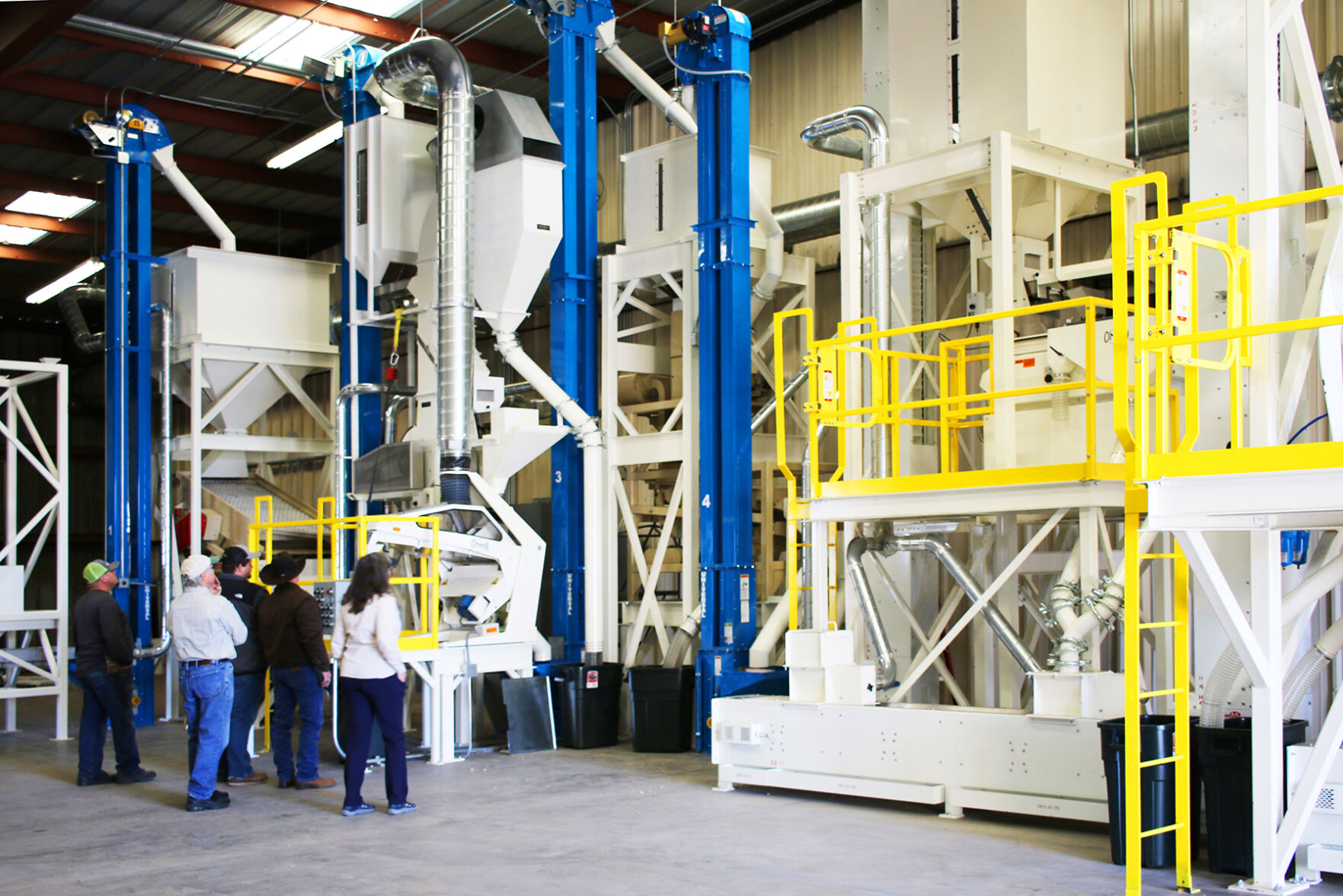The peanut industry is getting excited to learn what a new $1 million-plus peanut sheller at Texas A&M AgriLife Foundation Seed in Vernon will mean to improvements in seed production and marketability.
Texas A&M AgriLife and Texas Peanut Producers will host a ribbon-cutting and unveiling ceremony at 3 p.m. Sept. 27 at 11914 Highway 70 S., Vernon.
The sheller is among the first of its kind specifically designed for seed production, said Rick Vierling, Ph.D., Texas A&M AgriLife Foundation Seed manager and Texas A&M AgriLife Research and Extension Center director at Vernon as well as senior adviser for business strategy for Texas A&M AgriLife. The sheller has a 1-ton per hour capacity and will process lots as small as 250 pounds.
Due to design modifications, the new peanut sheller can reduce split-seed losses to less than 10%. It also offers a rarer ability to process identity-preserved peanuts, allowing food companies to procure peanuts with higher-quality traits.
“The Texas Peanut Producers Board has invested a lot of money into breeding peanuts suitable for Texas’ growing conditions, but we’ve had a difficult time with our releases because of contamination,” Nutt said. “Having a shelling facility dedicated to preserving quality and seed integrity will solve the contamination problem we’ve had in the past. This will create a better environment for our peanut farmers to grow more and better varieties and for our shellers as they sell seed to be planted that isn’t contaminated with multiple varieties and types of seed.”
Texas is the fourth-largest peanut producer in the nation. Texas peanut producers planted 170,000 acres in 2021; 190,000 acres in 2020; and 165,000 acres in 2019, according to the USDA National Agricultural Statistics Service. The state contributed 8% of total U.S. peanut production in 2020, with an average yield of 2,800 pounds per acre.



